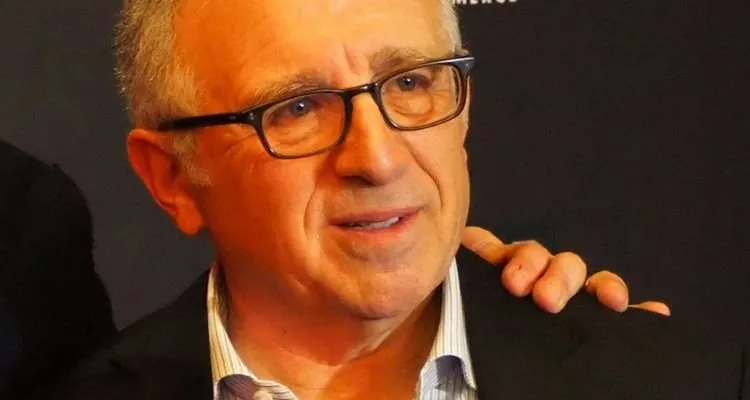Photo Credit: Luke Harold / CC by 1.0
Former Ticketmaster CEO Irving Azoff had harsh words for secondary ticketing companies during a recent music business panel.
The panel was called ‘Ticketing Real Talk’ and was moderated by Irving Azoff and featured Garth Brooks, Madison Square Garden Executive Chairman James Dolan, and Former Attorney General for the United States Department of Justice’s Antitrust Division, Makan Delrahim. Azoff says the panel needed to happen after the Senate Judiciary hearings that took place in January.
“I care deeply about artists and I thought we ought to hear the artist’s point of view on some of these ticketing issues,” Azoff says. Azoff says ticketing demand will always exceed supply in most cases, leading to disappointing fans. He says the secondary ticket markets are to blame for leading politicians to believe they ‘solve’ scalping rather than enabling it.
“The biggest factors driving exorbitantly priced tickets and lack of face value ticket availability to the general public are scalpers and the secondary ticketing companies that have provided a platform to scalp tickets on a large scale as a business model,” Azoff states. Azoff conveniently leaves out that Ticketmaster operates its own secondary ticket market.
“These companies have no skin in the game, they have invested nothing, risk nothing, created nothing, yet they reap the lion’s share of the profit,” Azoff adds. “How does that make sense? What these companies have invested in are technology and lobbyists.”
Ticketmaster was recently fined for telling Bad Bunny ticketholders their tickets were invalid—despite being bought from their Verified Fan resale program. The incident caused such a huge issue during his appearance in Mexico City that the city’s mayor asked the artist to consider making another appearance for ‘disappointed fans.’
Delrahim believes legislators are looking at the issue wrong and says it should be treated as a matter of property rights, with performances treated like songwriting credits.
“If we treated those few hours—if he wants to connect with his fans and sell the tickets for $50, $100, or whatever it is, and that’s how he wants to treat those tickets. He should have the right to treat the resale–he and his partners, whoever they may be–he should be able to do that,” Delrahim adds. “If he wants to price it to true demand, and let’s say Beyonce tickets could be $6,000, fine. But who should benefit from that?”

